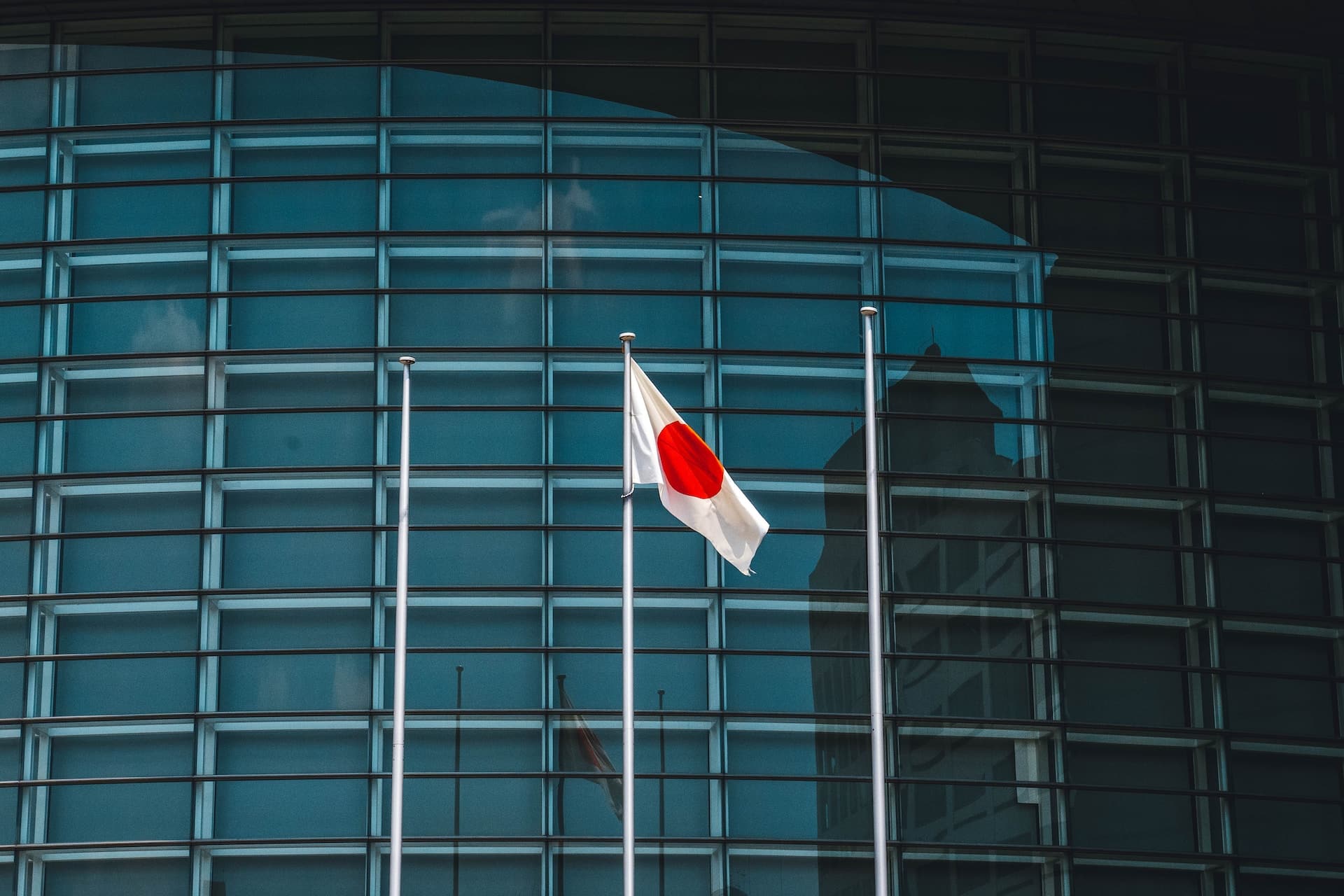In a recent development, Japan has implemented a new tax exemption for token issuers. This came after The National Tax Agency of Japan announced a partial revision of its corporate tax guidelines. This revision comes as a result of a law approved by the Japanese government nearly six months ago.
Before now, legislators in Japan have been engaged in discussions regarding new tax rules for the cryptocurrency industry since last August. This was as a part of a broader tax reform for 2023. However, the tax authority only granted the final approval this week.
Under the revised rules, Japanese firms that issue tokens will be exempt from paying the standard 30% corporate tax rate on their holdings. It is worth noting that prior to this law, even unrealized gains were subject to taxation. The new measure will make it easier for various companies to conduct business involving the issuance of tokens. This was emphasized by the ruling Liberal Democratic Party.
Evolving Landscape of Cryptocurrency Industry in Japan
Japan’s cryptocurrency industry has undergone significant changes recently. The country has enforced stricter Anti-Money Laundering (AML) measures to align its legal framework with global crypto regulations. This started on the 1st of June.
Further, this action was taken after lawmakers revised the AML legislation in December. Primarily, they did this to address the identified insufficiencies by the Financial Action Task Force.

Additionally, in June of the previous year, the Japanese government passed legislation prohibiting non-banking institutions from issuing stablecoins. This bill restricts stablecoin issuance exclusively to licensed banks, registered money transfer agents, and trust companies.
These proactive measures vividly demonstrate Japan’s unwavering commitment to maintaining stringent regulations within the cryptocurrency sector.
Strengthening Regulations and Enhancing Investor Protection
Japan has been a leader in cryptocurrency regulation for a long time. Importantly, it was among the first countries to acknowledge crypto as a private asset. Following the infamous hacking incidents at Mt. Gox and Coincheck, Japan’s financial regulator imposed stricter rules on crypto exchanges.
Consequently, local regulations have greatly contributed to the quick recovery of assets for FTX users in Japan. This stood in contrast to users in other countries who encountered uncertainties regarding their refunds.
Read More:
Weekly Inflows of Crypto Investment Products Fueled by Bitcoin Rally
FTX Recovers $7B in Assets, Aims to Reclaim Remaining $2B to Cover Misappropriations

